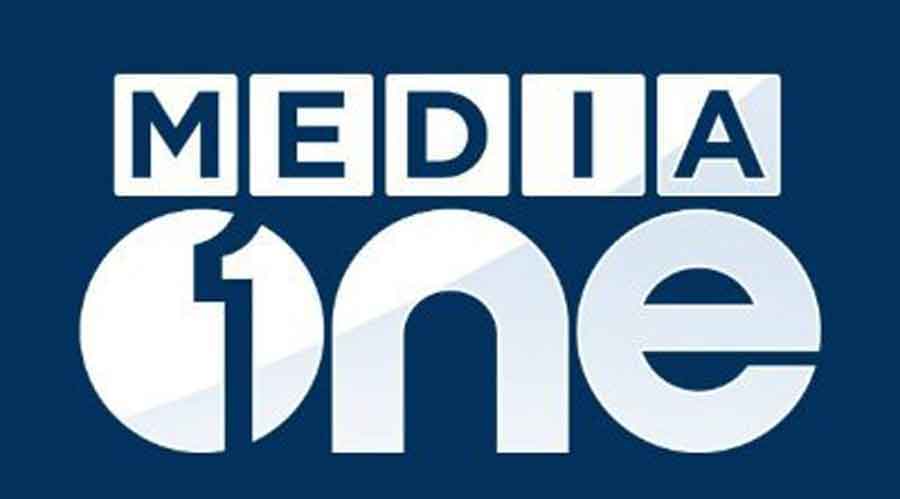Last Tuesday, the Kerala High Court rejected a petition by MediaOne, a television channel, that had challenged the Central government’s decision to revoke its license on national security grounds. The high court is, of course, mandated to weigh the merits of each case and arrive at a verdict. However, in this case, the manner in which the court arrived at its decision raises worrying questions about the relationship between the executive and the judiciary as well as the role of the media in a constitutional democracy. The Central government has not shared any details or evidence with MediaOne to explain its decision against the broadcaster. Yet, when the media firm petitioned against the government, the high court refused to even consider its arguments. Nor did the government share its version in open court. Instead, the court relied on a statement from the government in a sealed envelope to dismiss the petition. The contents of the envelope were not shared with MediaOne. The company has, expectedly, appealed against the high court’s decision.
That all of this is receiving the sanction of a high court in the name of national security is the biggest irony of all. Indeed, the nation’s security and sovereignty must not be compromised at any cost. But that is precisely why cases where national security is invoked must receive additional scrutiny from the courts. Modern democracies do not assume that the executive is always right, or that it naturally has the nation’s best interests as its top priority at all times. That is why the State has multiple pillars, including the judiciary and the legislature, which are supposed to serve as checks on each other. Courts are not meant to accept the government’s version as gospel. At a time when the Narendra Modi administration is citing national security concerns as the rationale to pointedly target the media, whether through new accreditation rules or the arrests of journalists for speaking truth to power, the judiciary’s role in countering any overreach is particularly vital. If governments punish individuals or organizations without telling them what they are being penalized for, and without giving them a chance to defend themselves, courts must intervene. In a democracy, asking questions of the government is not prejudicial to national interests. If anything, not answering them is.










